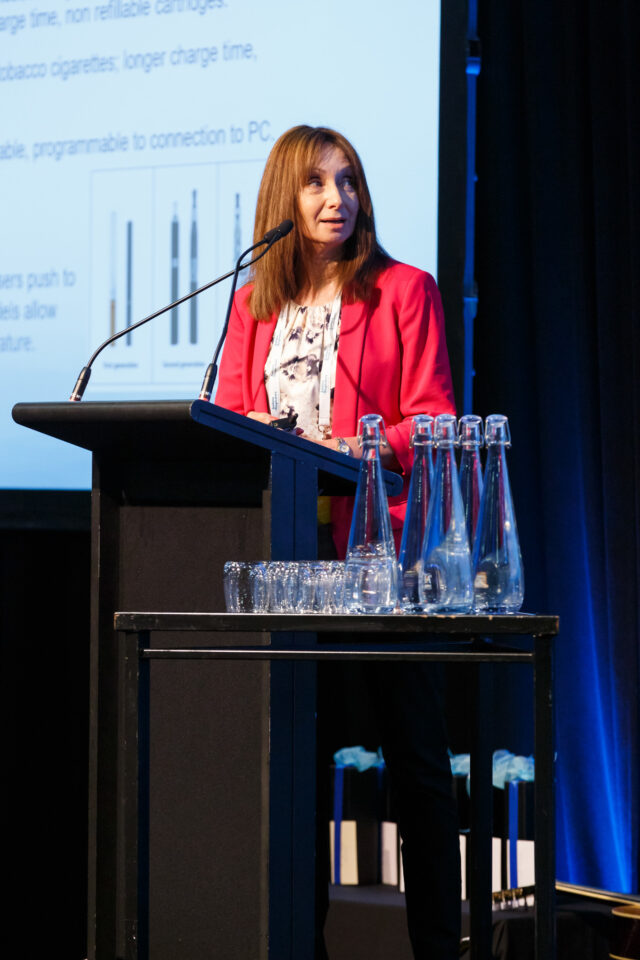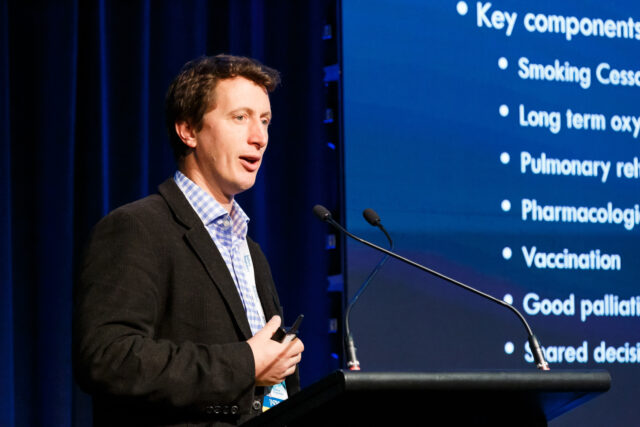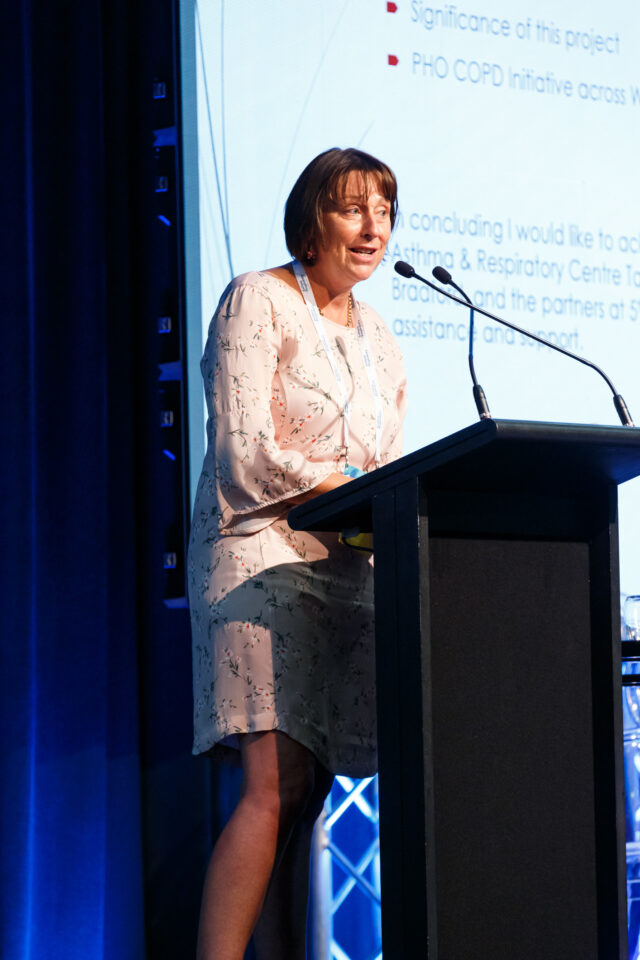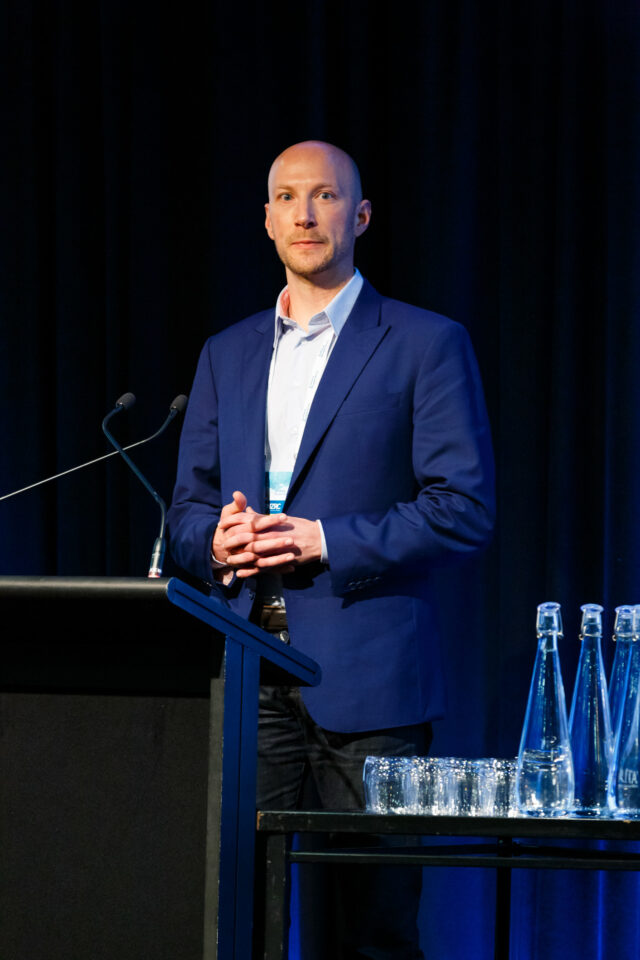Session Three: COPD Update
Dr James Fingleton
The session reviews recent developments in COPD management, including major trials of LABA-LAMA, triple therapy, and biologics. When to add and when to withdraw ICS in COPD will be discussed, including the role of blood eosinophilia in guiding drug treatment. The session is presented in the context of the 2018 GOLD COPD guidelines and will consider the potential role for personalised therapy / treatable traits based management of COPD.
Download the Powerpoint Slides here.









